When companies make the headlines, it’s not always in a good way. Their leaders may have run into trouble for unprofessional behavior, inappropriate statements or other misconduct. Knowing how to lead ethically can prevent such incidents.
Leaders have the power to build and maintain a healthy workplace culture. They are then less likely to be the subject of embarrassing headlines.
Why Do Ethics Matter in the Workplace?
A company’s ethics depend on how everyone, from employees who work with customers on up to the CEO, behave and communicate. They influence how the public and customers perceive the company. And negative perception could drive down revenues and stock prices.
Ethics also affect how management and employees interact. When employees like where they work and feel respected, they return the favor by doing their best work. A negative environment that does not value honesty, accountability and trust can engender higher employee turnover, lower productivity, and the risk of bad publicity.
Creating an ethical workplace starts at the top.
What Is Ethical Leadership?
In “Lead by Example,” Patricia H. Harned calls ethical leadership the commitment to promote and uphold workplace integrity as well as organizational values and standards.
Leadership needs to emphasize the company’s values by making ethics a part of everything the company does. It starts with the prospective employee’s first job interview. The human resources team reinforces the message with policies, training and practices.
Most importantly, leaders need to walk the talk. Harned references the Global Business Ethics Survey, which identifies the actions that typify an ethical leader:
- Sets a good example
- Holds himself or herself and others accountable
- Praises employees who act with integrity
- Talks about doing the right thing
- Does not blame others for mistakes
- Keeps promises and commitments
- Backs employees who do the right thing
“Having surveyed 13 countries around the world, it was universally evident to us that an employee’s commitment to workplace integrity was fortified by visible ethical leadership,” Harned writes.
What Can You Learn from an Ethical Leadership Course?
Working professionals who want to expand their knowledge of leading ethically should consider taking an online course. The format enables them to complete the course around their schedule without commuting to a campus.
The University of Northern Colorado’s online Master of Business Administration (MBA) program offers a course titled Ethical Leadership and Organizational Behavior. In fact, it is the first course students take. Students who complete the course will learn how to:
- Comprehend the ethical responsibilities of leaders in organizations
- Analyze ethical situations and create solutions
- Understand behavior in organizations
- Assess their own leadership styles and develop self-awareness
In the class, students will have opportunities to engage with the faculty and one another as they complete projects. They will join the occasional synchronous meeting, discuss subjects on a forum, review video presentations, and write research and reflection papers.
Dr. Keiko Krahnke who teaches the course says she aims to open students’ minds to new knowledge where they develop a sense of purpose and find their place as future leaders who will make a difference. Ethical leadership makes this possible.
Learn more about The University of Northern Colorado’s online MBA program.
Sources:
Board Agenda: Lead by Example: The Many Benefits of Ethical Leadership
